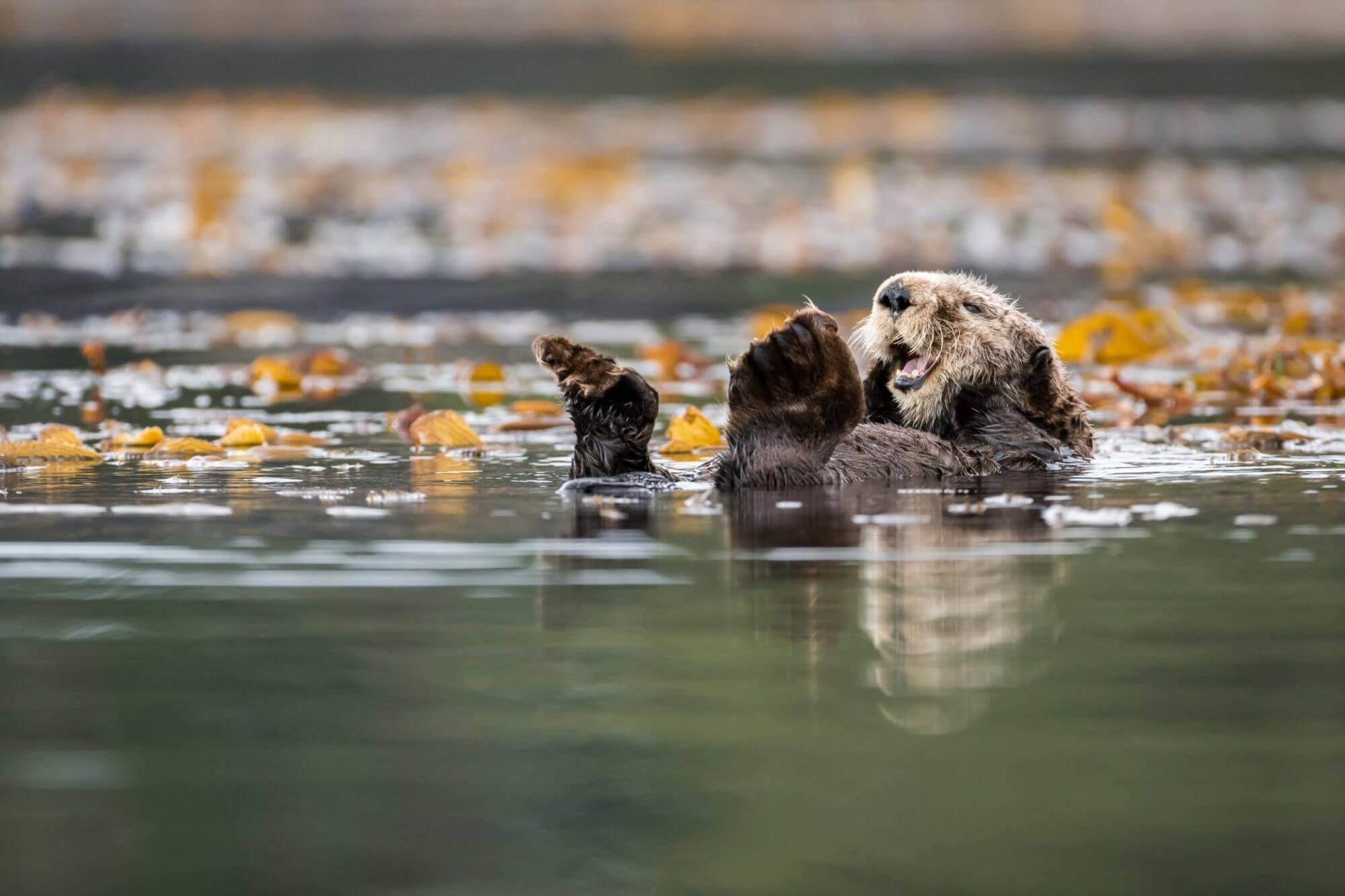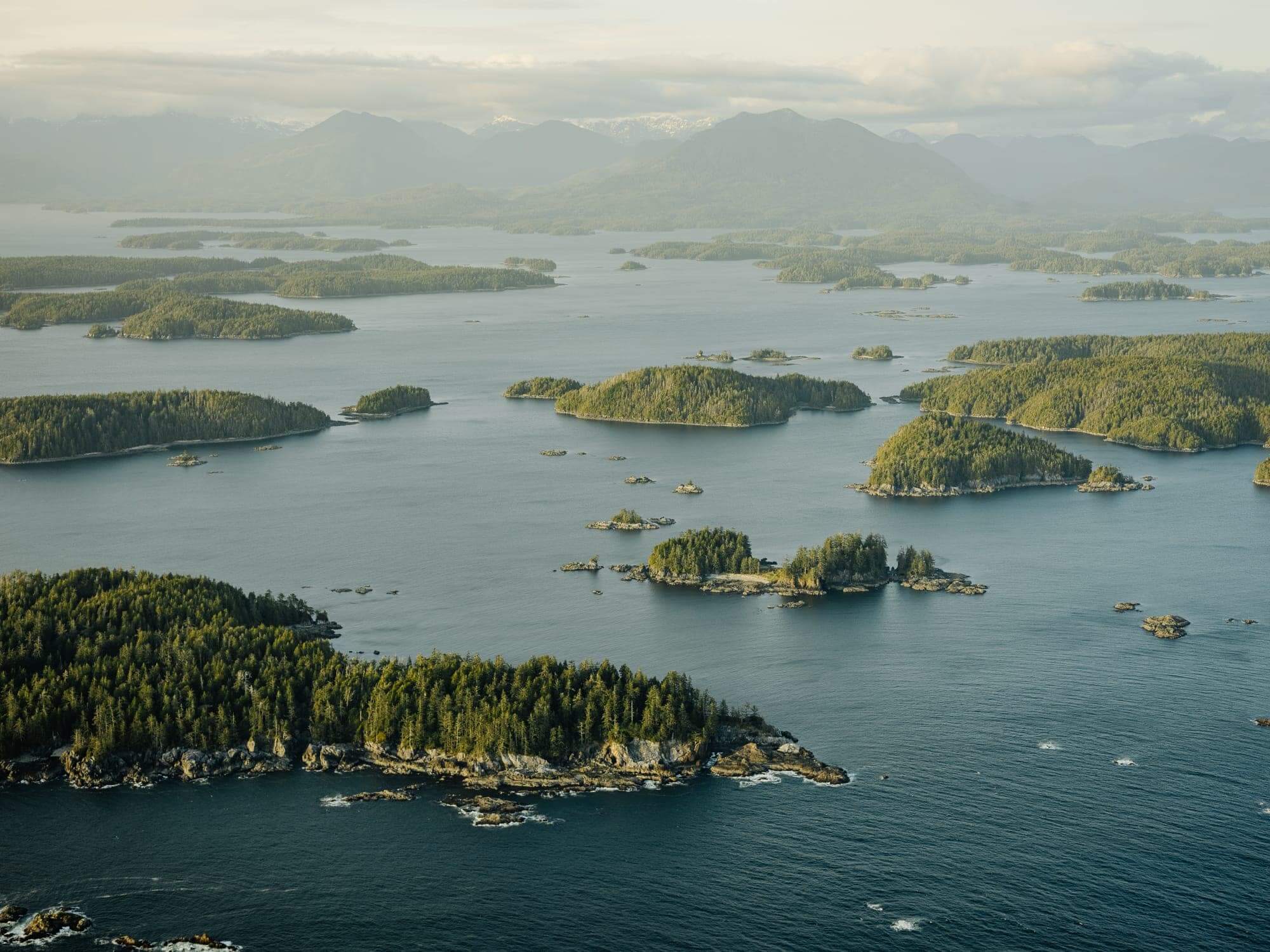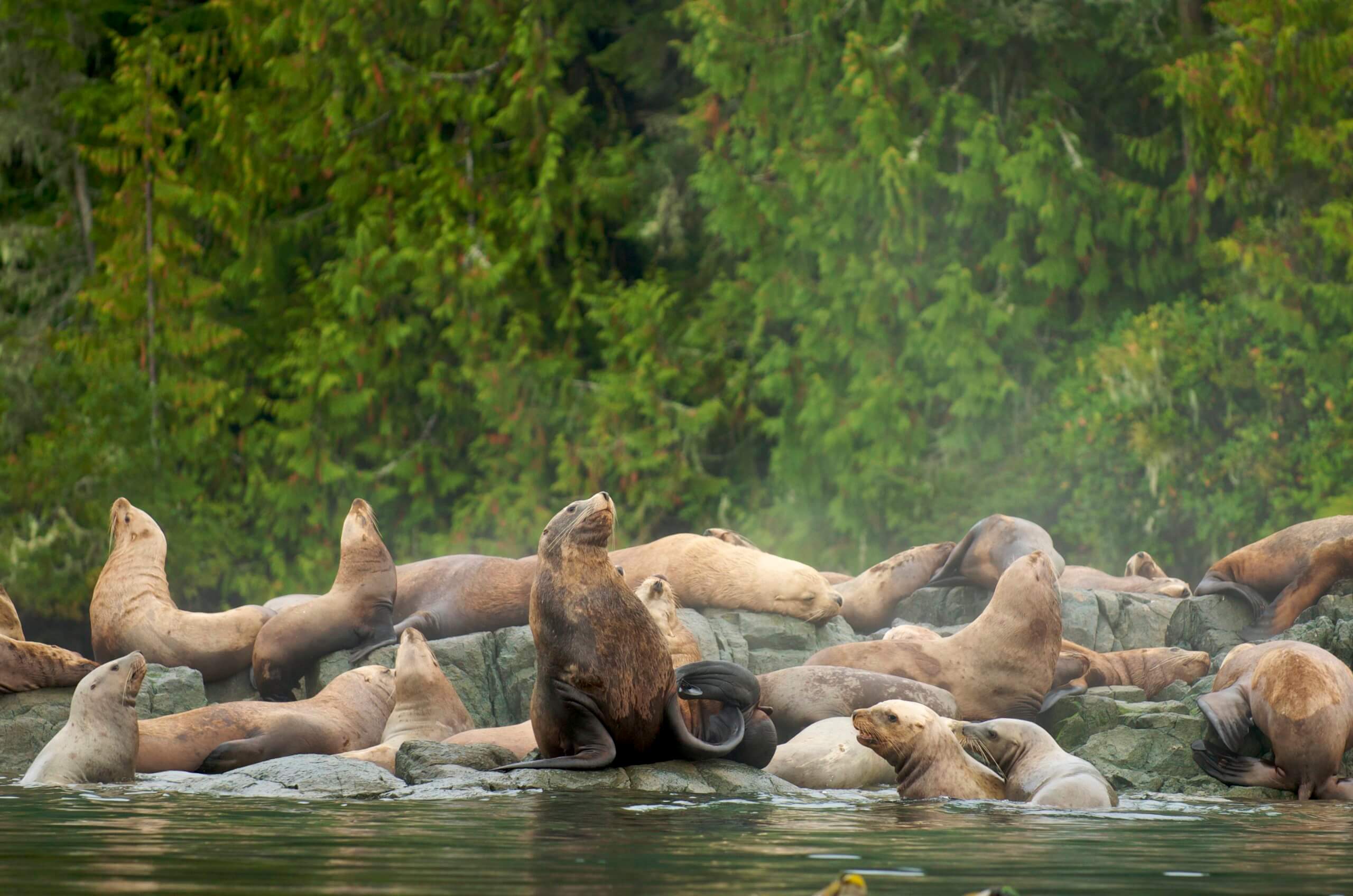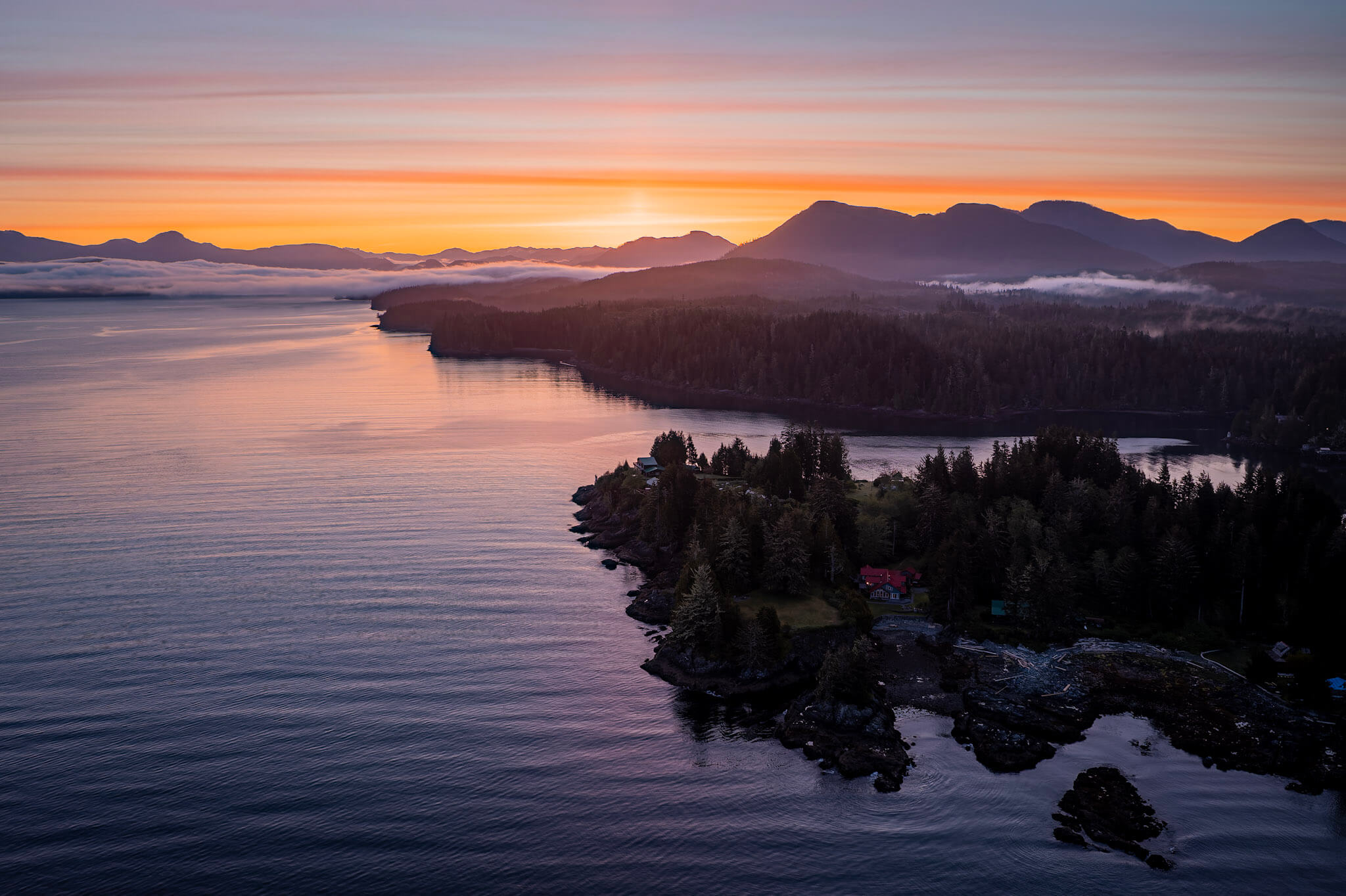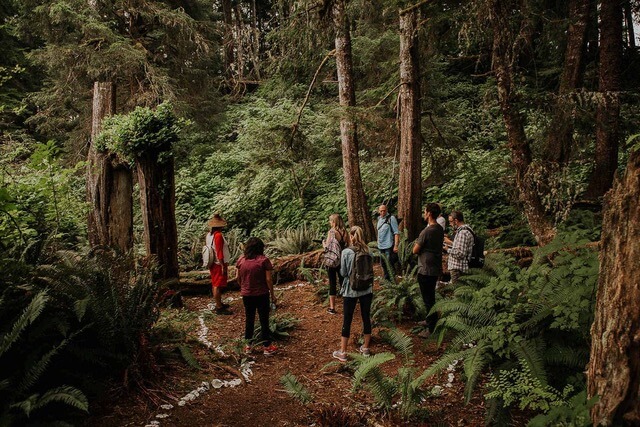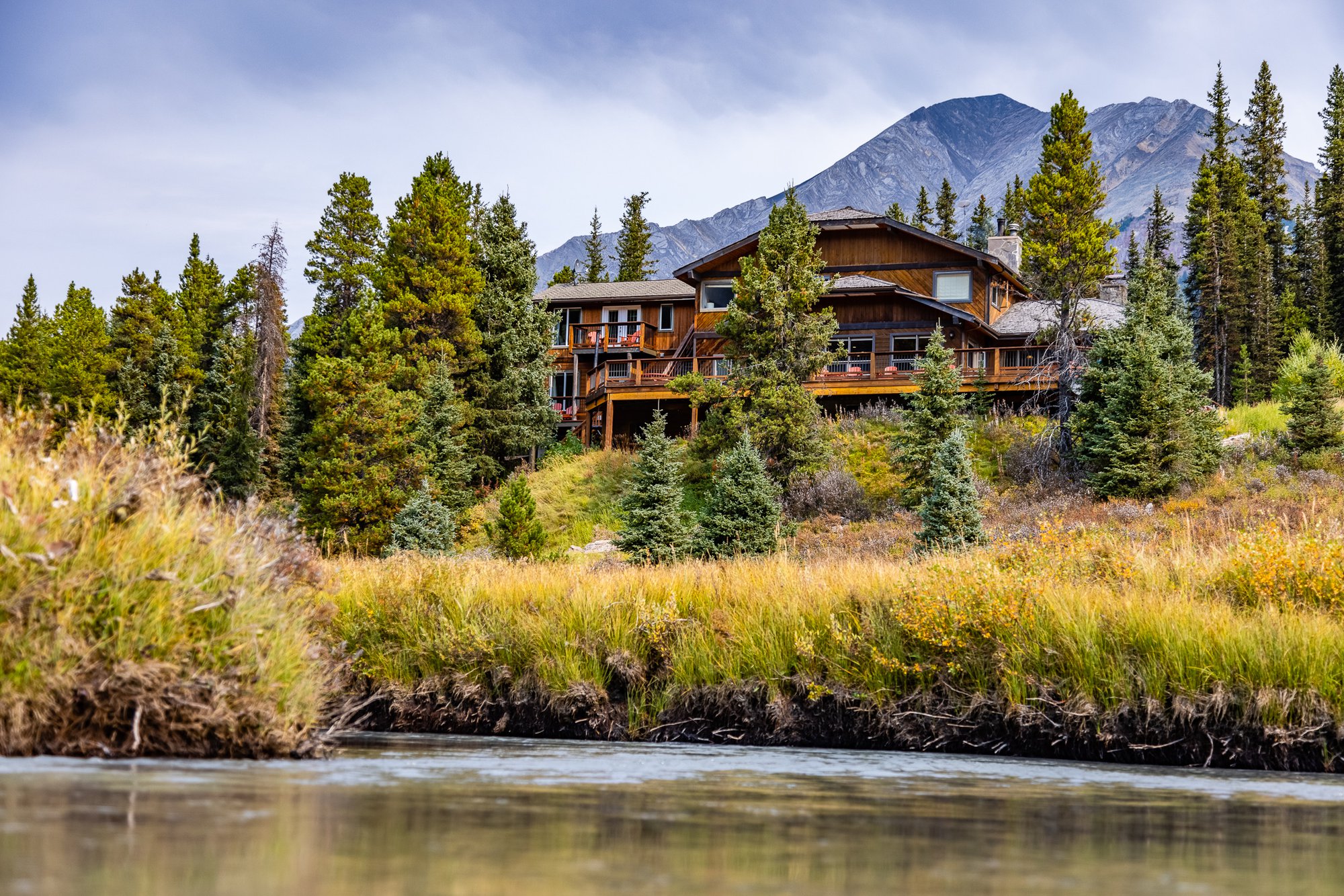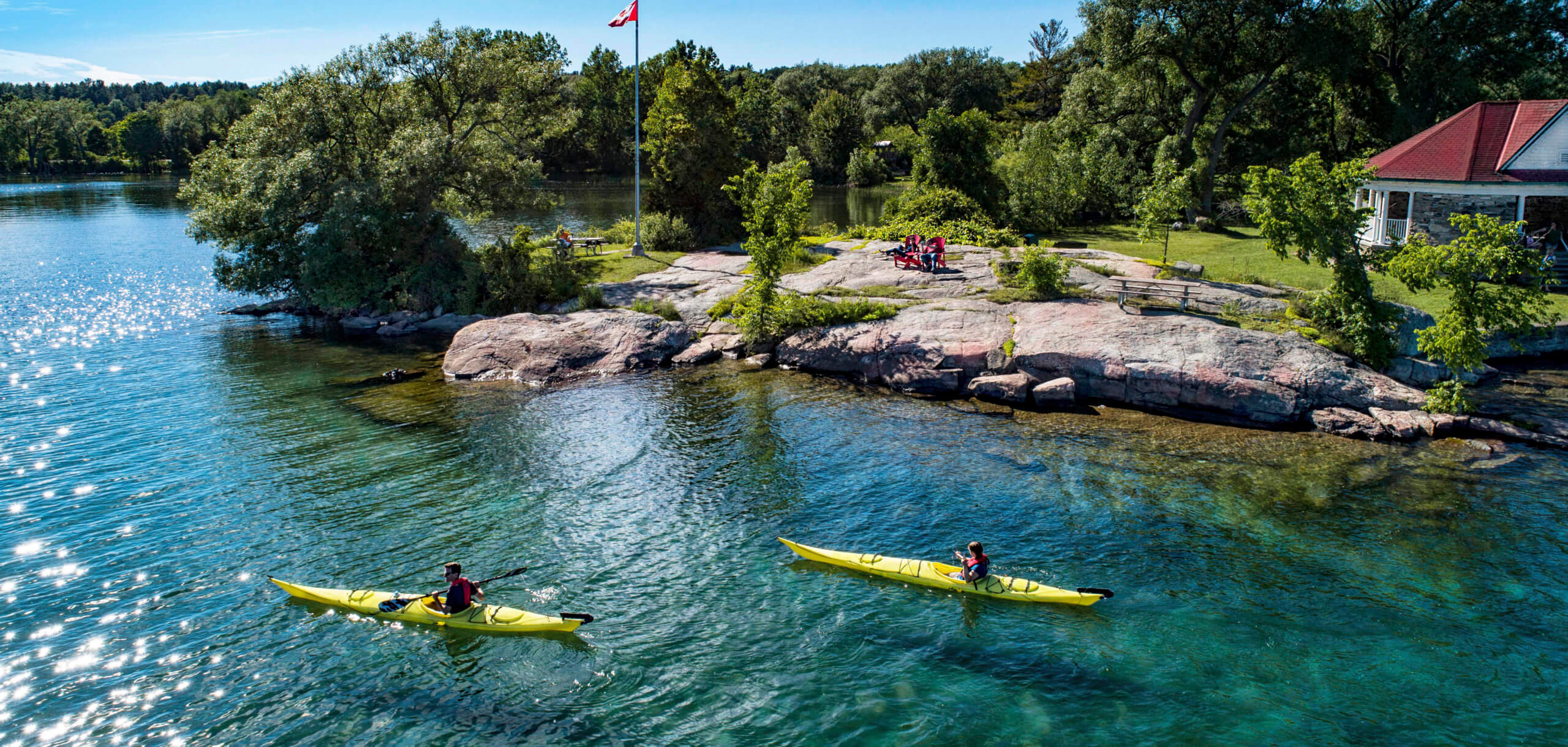Exploring Barkley Sound & The Ecology of West Vancouver Island
As spring arrives on Canada’s west coast, so too do the wild pacific herring. They come by the millions to spawn in the shallow bays and protected inlets around Vancouver Island, attaching their eggs to the vast underwater kelp forests and eelgrass that thrive in these ocean waters.
They congregate in such huge numbers that from the air, you can see the coastal waters turn a murky shade of turquoise as the female fish release their eggs and the male fish release their milt.
These small, seemingly unremarkable fish are actually profoundly important in the delicate coastal ecosystem.
Exploring the amazing West Coast Marine Environment
The spring arrival of the herring sends an electric jolt of energy to the wildlife coming out of a long winter and predators surface in droves: coastal wolves, black bears, seals, sea lions and a host of screeching marine birds all come to enjoy the feast. Grey whales, on their long annual migration from the warm waters of Mexico, stop to take large gulps of nutrient-rich seaweed and fish eggs to fuel their journey.
Russell Markel, owner of the award-winning ecotour company Outer Shores Expeditions, loves this time of year because it sets the stage for all the marine activity for which this region is so well known.
“You can imagine all the species that are following in the herring. The salmon, the seals, the sea lions are all coming in to feed on the herring. The killer whales that feed on the salmon — these are the resident killer whales — they are following the salmon in from offshore, the mammal-eating killer whales are showing up at the same time to feed on the seals and sea lions,” Markel says. “That’s pretty amazing.”
Russell has spent the last decade showcasing this interconnectedness of life on the west coast of British Columbia to visitors from around the world aboard a classic wooden schooner.
But Russell is no ordinary tour guide. He is a marine biologist with a Masters degree in benthic marine ecology (studying kelp) and a PhD that focused on studying the ecological connections between sea otters, kelp forests and rockfish populations. In short: he knows his stuff.
As a result of his ecology background, Outer Shores is a company that straddles the line between science and tourism, offering visitors an impactful and immersive experience that goes well beyond the ordinary.
A lodge on the edge of the Pacific Rim
Russell’s newest venture is in collaboration with his friend and fellow scientist Scott Wallace: a stunning lodge in Bamfield, a remote fishing community that sits on scenic Barkley Sound in western Vancouver Island. Those lucky enough to visit the newly opened lodge will have a front row seat to one of the most stunning and rarely visited regions on Vancouver island.
The location is idyllic: facing out from the lodge, you have the open Pacific with its stunning sunsets, huge incoming tides and seasonal ocean swells; behind the lodge is a protected inlet from which you can safely launch boats or kayaks; you’re close to the historic Bamfield boardwalk, the pristine temperate rainforest of the Pacific Rim National Park Reserve and the cultural powerhouse of the many First Nations who have called this land home for thousands of years.
A short stroll up to the lookout bluff offers panoramic ocean views — a perfect spot to start the day with a morning coffee as you watch the sun rise and the world wake up.
The ecology of Barkley Sound & West Vancouver Island
Many people who visit the Pacific Rim National Park Reserve on Vancouver Island do so on the opposite side of Barkley Sound — visiting the famous Long Beach between Ucluelet and Tofino.
But Outer Shores Lodge sits on the other side of the sound, along the edge of the lesser-travelled portion of the national park. Some people arrive here to walk the West Coast Trail, others come to kayak the Broken Group Islands.
Exposed as it is to the constant barrage of the open ocean, the coastline here is wave-swept and wild.
“It’s a high energy environment,” Russell says. “There are cliffs and sea-stacks and surge channels and sea arches, separated by long big sandy beaches.”
And the cool thing, Russell says, are the numerous sounds — large bays or protected areas — that provide relief and protection from the rough open coastline and have allowed people to live on the island for thousands and thousands of years.
Cultural and eco exploration & a healthy dose of conservation
Much of Russell’s childhood was spent exploring the coast of British Columbia with his family (his maternal grandfather was a fisherman in a small coastal village on the Sunshine coast) and these early experiences on the water shaped his lifelong passion for conservation and marine biology.
His passion for preserving the environment is evident, as is his belief that tourism can play a vital role in helping to establish that same passion in others.
By seeing and engaging with the natural world, we become ambassadors of change — both in the small choices we make in our daily lives and in the political engagement and social changes we push for on a larger scale.
Spend a morning watching black bears forage in the intertidal zone (that area of the ocean floor that is revealed during low tide) as the mist blows off the sea.
Walk among some of the oldest trees on the continent and explore the moss-laden longhouses of an ancient Huu-ay-aht First Nation village while listening to the authentic stories and experiences of an Indigenous guide.
Cruise along the shore between Bamfield and Cape Beale as bald eagles soar overhead.
Or watch as a group of humpback whales — which were hunted to near extinction but are now coming back to the region — dive down in a group formation to engage in a specific hunting method known as bubble-net feeding.
There are life-changing, once-in-a-lifetime experiences.
“We are trying to provide a balanced experience,” Russell says. “Here are these incredible whales we just experienced, here’s their ecology, here are the challenges, here are the good news stories.”
At the end of the day, he hopes people come away with a connection to the BC coast that stays with them long after they’ve left.
Ready for your own experience?
Visit the stunning lodge on this incredible 5-day ecological experience that includes daily expeditions, cultural explorations and unfeathered access to this remote corner of the world. It will be an experience of a lifetime.

